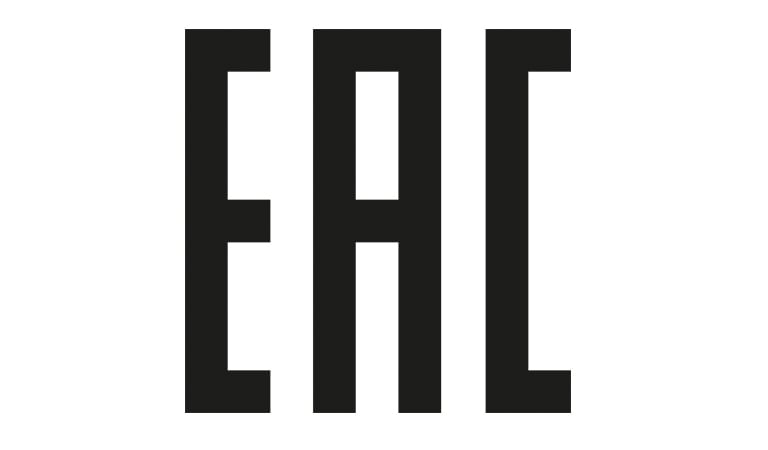
EAC CERTIFICATE
EAC Certificate (Eurasian Conformity Certificate)
The EAC Certificate is an official document that certifies a product’s compliance with the technical regulations and quality standards of the Eurasian Economic Union (EAEU). The abbreviation EAC stands for "Eurasian Conformity". Similar to the CE marking in the European Union, the EAC Certificate allows products to be legally sold and distributed within the EAEU market.
Where Is the EAC Certificate Valid?
The EAC Certificate is required for products sold in the following EAEU member states:
Russia
Kazakhstan
Belarus
Kyrgyzstan
Armenia
Regardless of whether a product is manufactured within the EAEU or imported from another country, it must comply with EAEU Technical Regulations (TR CU) to be legally placed on the market.
Which Products Require EAC Certification?
EAC certification is mandatory for products subject to EAEU Technical Regulations (TR CU), including:
✔ Electrical and electronic products
✔ Machinery and industrial equipment
✔ Food products
✔ Cosmetics and hygiene products
✔ Construction materials
✔ Children’s products and toys
✔ Chemical substances
Types of EAC Certification
There are two main types of EAC certification, depending on the risk level and regulatory requirements of the product:
1. EAC Certificate of Conformity (TR CU Certificate)
✔ Required for high-risk products (e.g., electrical devices).
✔ Products undergo strict testing and inspection by accredited certification bodies.
✔ Certification is issued based on laboratory tests and audits.
2. EAC Declaration of Conformity (TR CU Declaration)
✔ Required for lower-risk products.
✔ The manufacturer or importer is responsible for conducting compliance tests.
✔ The declaration is based on self-assessment or third-party testing.


EAC Certification Process
Obtaining an EAC Certificate involves several key steps to ensure compliance with Eurasian Economic Union (EAEU) Technical Regulations (TR CU):
✔ Product Analysis: Determining whether the product is subject to EAEU technical regulations.
✔ Testing & Inspection: Products are tested in accredited laboratories for compliance with safety and quality standards.
✔ Documentation: Preparation of a technical file, including product specifications, user manuals, and safety information.
✔ Certification: Issuance of the appropriate Certificate of Conformity or Declaration of Conformity.
✔ EAC Marking: Once certified, the product must bear the EAC mark on its packaging, label, or accompanying documents.
What Does the EAC Mark Look Like?
The EAC mark consists of black letters forming the abbreviation "EAC". It is typically displayed on the product packaging, labeling, or technical documentation. This marking confirms that the product meets all applicable technical and safety standards required for sale in the EAEU market.
Why Is EAC Certification Important?
✔ Regulatory Compliance: Mandatory for importing and selling products in EAEU countries.
✔ Consumer Trust: Demonstrates that products meet high quality and safety standards.
✔ Market Access & Competitive Advantage: Facilitates entry into the EAEU market, ensuring smooth trade and legal operations.
Start your EAC Certification Process, contact us today!
We offer affordable and effective solutions tailored to your needs.
The information presented on this website does not constitute legal advice and is intended for informational purposes only. KompassEurope.com.tr assumes no responsibility for any errors or omissions in the information contained on this website. Any decisions made or actions taken by the reader based on this information are solely at the reader's own risk, and KompassEurope.com.tr shall not be held liable for any legal consequences arising from such decisions or actions. Readers are strongly advised to seek professional legal counsel regarding their specific circumstances and concerns.
© 2025 Kompass Europe. All rights reserved. The contents of this website belong to Kompass Europe and are protected by copyright laws. Copying, publishing, distributing or any commercial use of the information on the website is possible only with written permission. By using this site, you agree to our Terms of Use and Privacy Policy.
